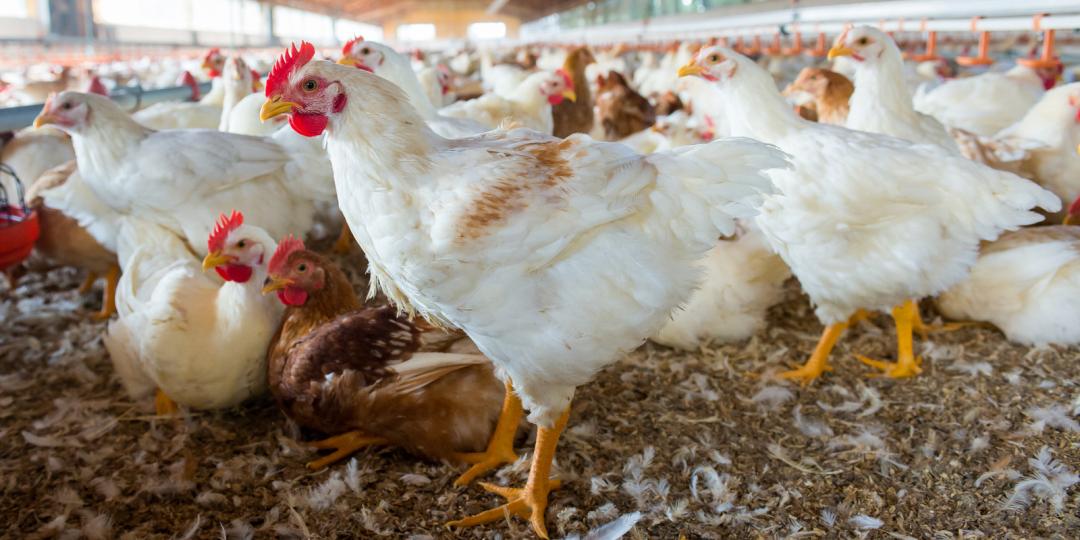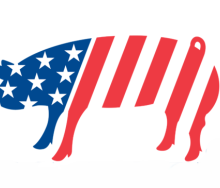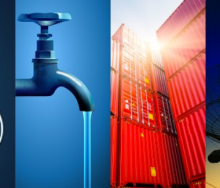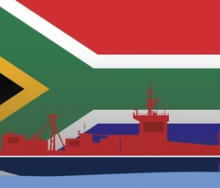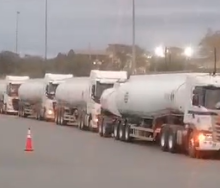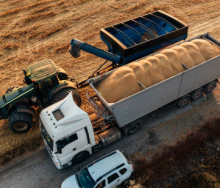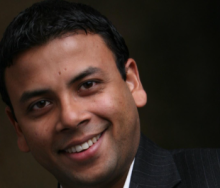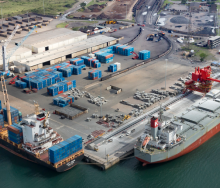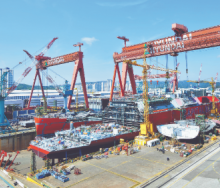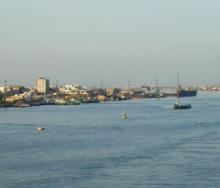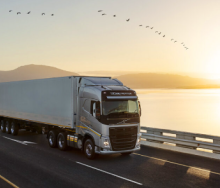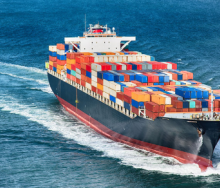As the country’s various economic sectors continue to dissect the budget and its implications, South African farmers, and the poultry industry in particular, are disappointed in the lack of support.
A statement issued by Francois Baird, founder of the FairPlay movement, points out that while Minister of Finance Enoch Godongwana spoke of the need to spur economic growth to eradicate poverty and unemployment, there was no specific relief for the agriculture sector, which did not rate a mention in the budget speech.
“The most pressing issue at the moment is the stress farmers are under from daily power outages, high electricity prices which will rise sharply from April, and the mounting expense of diesel to power generators to keep businesses going.
“The extent to which farmers will benefit from the incentives to install solar power and other renewable energy supply is as yet unclear, but this will only reduce the price of yet another added expense that will push up farming costs and raise food prices,” he said.
Farmers are already spending millions – R1 million a day in the case of Astral, the country’s largest chicken producer – to generate their own electricity. Astral CEO Chris Schutte has said the poultry industry is in the worst crisis in its history.
FairPlay has welcomed the extension of the diesel rebate to food producers who, like farmers, have had to invest hugely in electricity generation. “We hope this extends to abattoirs, which have been excluded from the farming rebates. Food producers are an important part of the value chain, from farmer to retailer, on which the country’s food security depends,” he said.
Because of an unreliable and expensive electricity supply, these are emergency times for farmers. He believes Godongwana should have announced:
- Tax relief on diesel used to generate electricity, in addition to any diesel rebate for which farmers qualify.
- An appeal to electricity utility Eskom – which is getting massive tax relief and other support in this budget – to delay or modify the 18% price increase due in April. This request has yet to be made formally to Eskom.
- A specific focus on improving rural infrastructure, such as roads and water supplies. Farmers are suffering, and may get overlooked as the big infrastructure spending goes elsewhere. Rural matters.
- Additional relief for small-scale farmers, and specifically easier access to finance, which is one of their biggest obstacles. For example, the 125% rebate on solar installations is of no use if they don’t have the money to pay for the installation in the first place.
In addition, poultry producers are disappointed that the government, yet again, has shown no interest in removing the 15% value added tax from the chicken portions which are a staple for lower-income households.
Poultry producers feed the nation, supplying 66% of the meat consumed annually. Rising input costs of feed, fuel and electricity will force price increases, and the poor will be hit hardest. “VAT-free chicken is a pro-poor proposal, focused on those who need it most, and it is now more urgent than ever.
“FairPlay is not deterred. We will be renewing the call we have made repeatedly since 2018, and will seek to gain government support for VAT-free chicken in the coming year.”
